
Scan the QR Code to Register

Scan the QR Code to Register
Smuggling and counterfeiting is a global problem that poses significant challenges to economic development, public health, and social stability. Illicit trade has complex and interrelated socio-economic dimensions that are influenced by various factors, including corruption, technological advancements, demand for cheap and counterfeit products, amongst others. The effects of trade in smuggled and counterfeit goods challenge the well-being of consumers, efficient businesses, and effective governance. Illicit trade is often referred to as the crime of the 21st century due to its far-reaching impact on economies worldwide, affecting both developed and emerging nations alike. Despite global efforts to combat it, illicit trade persists as a highly profitable venture for illicit market operators, resulting in significant losses for industries, governments, and society as a whole. Illicit trading activities can seriously hinder India’s goal of achieving a $5 trillion economy by impeding its growth potential.
Recognizing the interconnectedness of organized crime, illicit trade, terrorism, and their socio-economic implications is crucial. Effectively combating these issues necessitates international coordination and cooperation to foster transparency, accountability, and good governance worldwide. Organizations across the globe are actively collaborating to enhance cooperation in preventing, detecting, and prosecuting illegal financial flows. Illicit trade and terror financing undermine economic growth, impede development efforts, and exacerbate inequalities within societies. By bolstering cooperation and implementing robust measures, countries can work towards minimizing the socio-economic impact of illicit trade. Joint endeavour acknowledges the complex and evolving nature of these challenges and underscores the importance of addressing them comprehensively to foster sustainable socio-economic progress globally.
MASCRADE 2023 will focus on imparting knowledge and creating awareness on the socio-economic consequences of illicit trade on both global and Indian economies. Additionally, the conference delves into international efforts required to combat terror financing in illicit trade, as well as the utilization of technology to detect and prevent such activities. The conference will serve as a platform for stakeholders to engage in meaningful discussions and analysis of the detrimental socio-economic effects of illicit trade, with the aim of promoting large-scale awareness and understanding of this critical issue.

01
 Socio-economic impact of illicit trade on global and Indian economies and way forward.
Socio-economic impact of illicit trade on global and Indian economies and way forward. Use of formal and informal channels of funds which are financing terrorism.
Use of formal and informal channels of funds which are financing terrorism. Setting and implementing global standards to prevent and combat illicit trade and terror financing.
Setting and implementing global standards to prevent and combat illicit trade and terror financing. Presentation of statistics and data on the scale and scope of the problem, including recent trends and emerging threats.
Presentation of statistics and data on the scale and scope of the problem, including recent trends and emerging threats. Overview of international efforts to combat terror financing in illicit trade
Overview of international efforts to combat terror financing in illicit trade
02
 Enhancing international coordination and cooperation, including the development of joint investigation and enforcement.
Enhancing international coordination and cooperation, including the development of joint investigation and enforcement. Sharing of best practices and implementing policies that promote transparency, accountability, and good governance to tackle illicit trade.
Sharing of best practices and implementing policies that promote transparency, accountability, and good governance to tackle illicit trade. International collaboration in countering illicit trade including bilateral and multilateral agreements and mutual legal assistance.
International collaboration in countering illicit trade including bilateral and multilateral agreements and mutual legal assistance. Strengthening regulations and improving enforcement mechanisms globally.
Strengthening regulations and improving enforcement mechanisms globally. Challenges and opportunities for cross-border cooperation and information sharing
Challenges and opportunities for cross-border cooperation and information sharing
03
 Need to collaborate with businesses and other stakeholders to create a more secure and transparent global trading system.
Need to collaborate with businesses and other stakeholders to create a more secure and transparent global trading system. Use of technology to detect and prevent illicit trade activities, such as artificial intelligence (AI) and machine learning to identify patterns of illicit trade, blockchain, data analytics, etc.
Use of technology to detect and prevent illicit trade activities, such as artificial intelligence (AI) and machine learning to identify patterns of illicit trade, blockchain, data analytics, etc. Advanced cybersecurity measures to protect institutions from cyber-attacks.
Advanced cybersecurity measures to protect institutions from cyber-attacks. To develop a monitoring and evaluation framework to track the products one-commerce platforms.
To develop a monitoring and evaluation framework to track the products one-commerce platforms.
04
 Role of enforcement agencies to detect and investigate terror financing activities and illicit trade.
Role of enforcement agencies to detect and investigate terror financing activities and illicit trade. Developing intelligence-led enforcement strategies to target high-risk areas and individuals.
Developing intelligence-led enforcement strategies to target high-risk areas and individuals. Economic, social, and security implications of organized crime and illicit trade.
Economic, social, and security implications of organized crime and illicit trade. Use of forensic tools, digital evidence, and cross-border coordination to combat smuggling.
Use of forensic tools, digital evidence, and cross-border coordination to combat smuggling.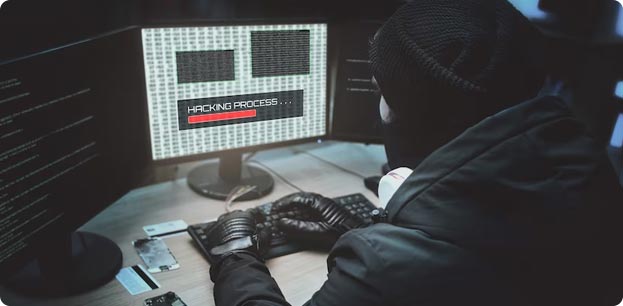
05
 Public-private partnerships and other collaborative approaches to mitigate the challenges posed by counterfeiting and smuggling.
Public-private partnerships and other collaborative approaches to mitigate the challenges posed by counterfeiting and smuggling. Checking new threats, scams and recent security risks posed by illicit operators.
Checking new threats, scams and recent security risks posed by illicit operators. Success stories and challenges, including case studies and lessons learned from efforts to combat illicit trade.
Success stories and challenges, including case studies and lessons learned from efforts to combat illicit trade. Call to action for continued collaboration and innovation in detecting and mitigating illicit market threats.
Call to action for continued collaboration and innovation in detecting and mitigating illicit market threats. Developing and implementing effective risk management strategies
Developing and implementing effective risk management strategies Challenges and opportunities for cross-industry and cross-sectoral collaboration
Challenges and opportunities for cross-industry and cross-sectoral collaboration
06
 Law enforcement efforts, including investigations, intelligence gathering, and interagency cooperation to battle smuggling and counterfeiting.
Law enforcement efforts, including investigations, intelligence gathering, and interagency cooperation to battle smuggling and counterfeiting. Identification of gaps and challenges in creating a comprehensive monitoring framework, including legal, technological, and privacy considerations.
Identification of gaps and challenges in creating a comprehensive monitoring framework, including legal, technological, and privacy considerations. Best practices for adjudicating illicit trade cases, including evidence gathering, trial procedures, and sentencing.
Best practices for adjudicating illicit trade cases, including evidence gathering, trial procedures, and sentencing.
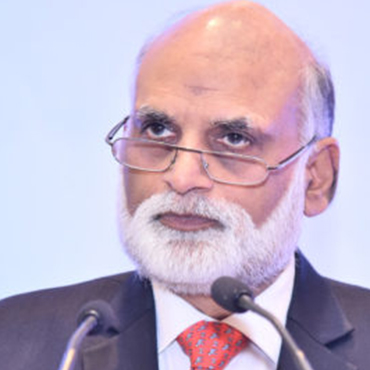
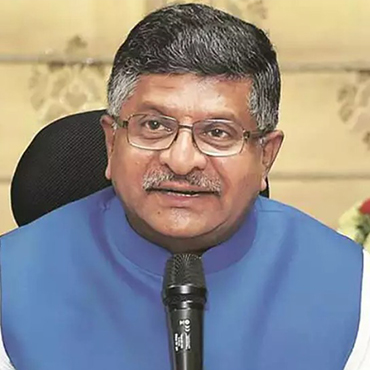




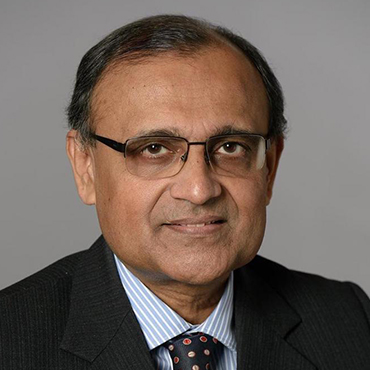
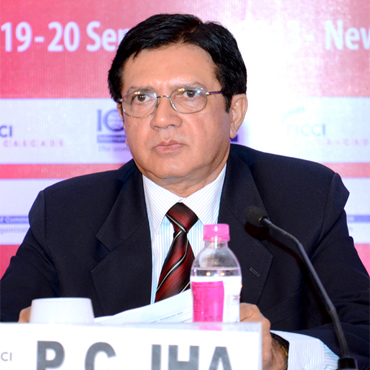

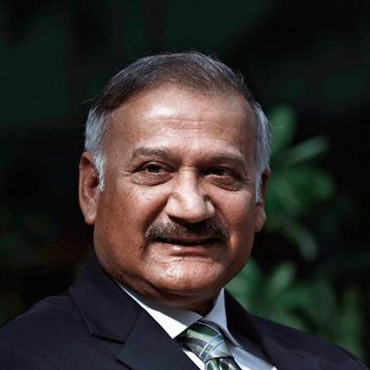

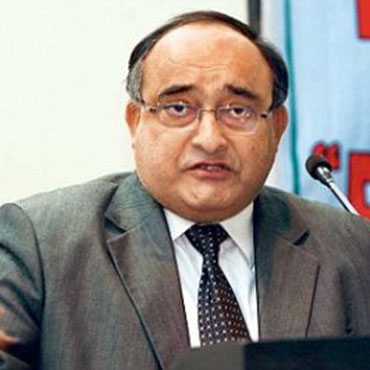


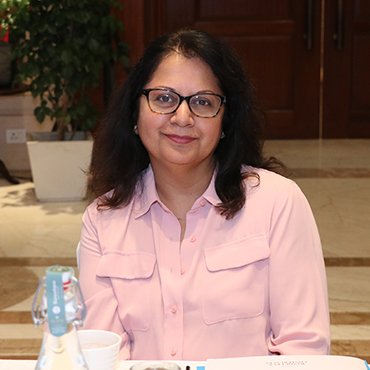


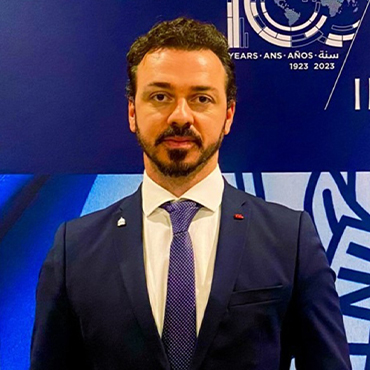


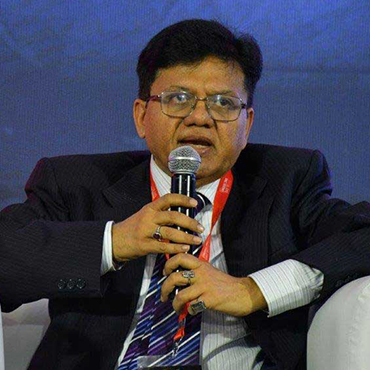





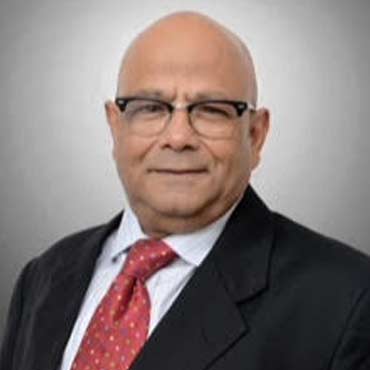





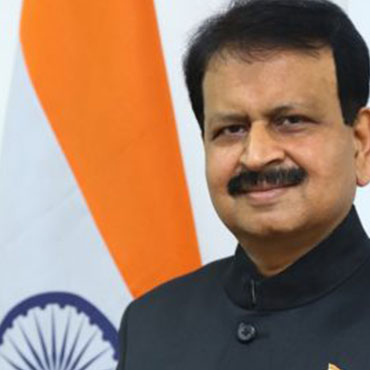


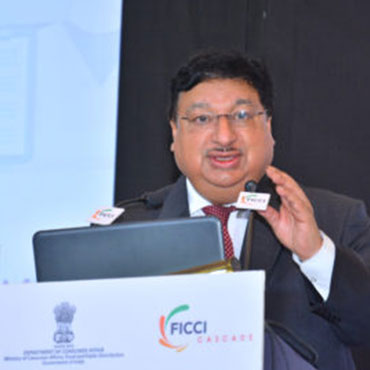
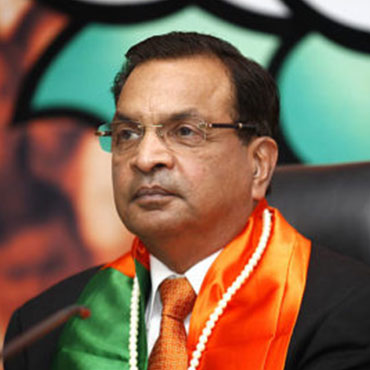


















MASCRADE 2023 ReportDownload Pdf
Concept Note MASCRADE 2023Download Pdf



